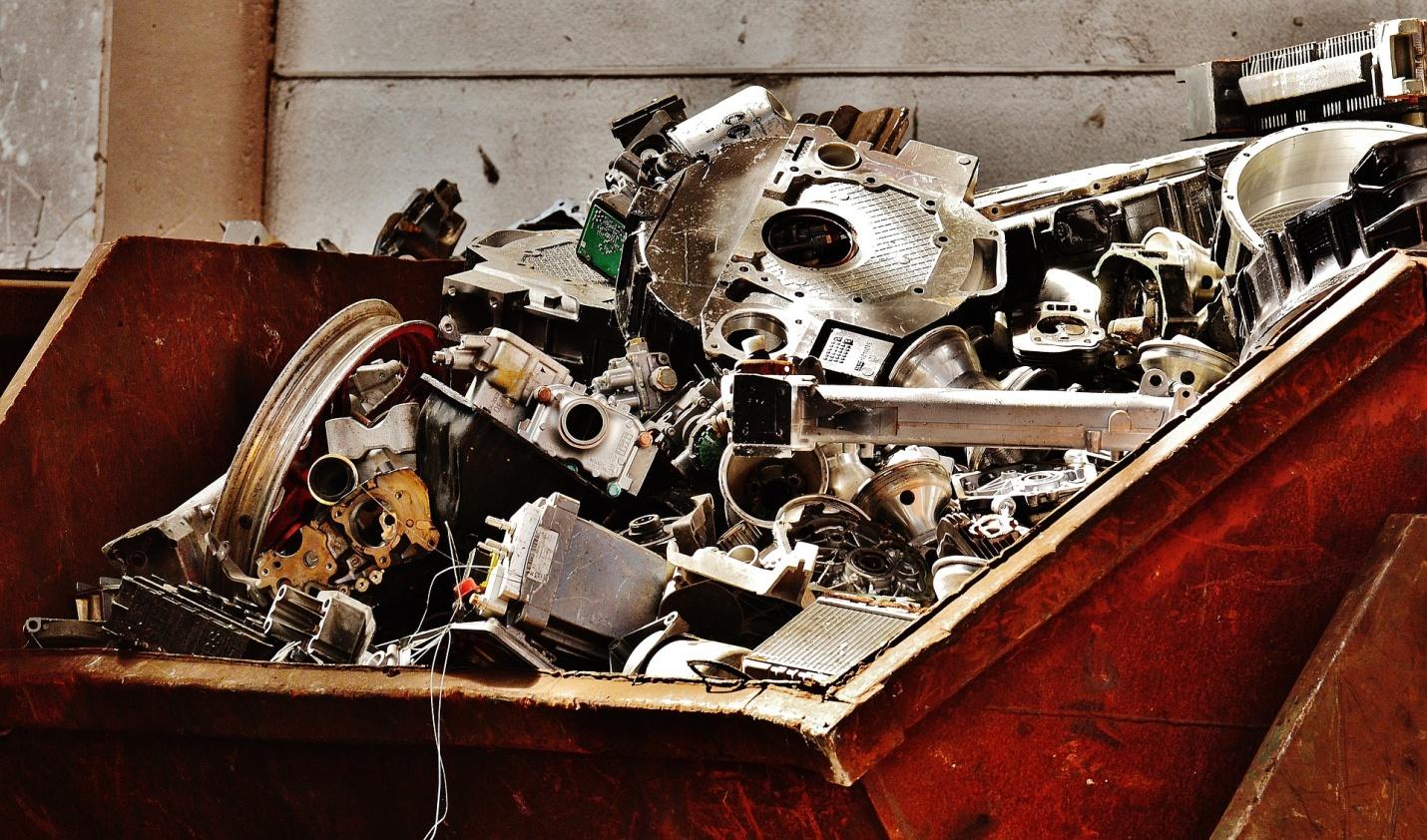
Debt can be overwhelming and sometimes it may feel like bankruptcy is the only option. However, before you declare bankruptcy, there are several options to consider that could help you get back on track financially. Here are some alternatives to bankruptcy that you should consider.
Negotiate with Creditors
One of the first things you can do when struggling with debt is to contact your creditors and try to negotiate a repayment plan or settlement. This can involve setting up a payment plan that fits within your budget or negotiating a lump sum payment for less than what you owe.
Creditors would rather receive some payment than nothing at all, so they may be willing to work with you in order to recover some of their debt. Make sure to explain your situation honestly and present a realistic proposal for repayment.
Debt Consolidation
Another option to consider before filing for bankruptcy is debt consolidation. This involves taking out one large loan to pay off multiple smaller debts, leaving you with just one monthly payment.
This can simplify the repayment process and make it easier to manage your finances. It can also potentially lower your interest rates if the new loan has a lower rate than your existing debts.
Credit Counseling
Credit counseling is another alternative that can help you avoid bankruptcy. A credit counselor will review your financial situation and provide guidance on how to manage your debt more effectively.
They may also provide educational resources on budgeting and money management skills. Additionally, they may work with creditors on your behalf in order to negotiate new repayment plans or reduced interest rates.
Debt Settlement
Debt settlement is another option where you negotiate with creditors in order to reduce the amount owed on an account. In this case, instead of paying the full balance owed, you would pay a lump sum amount that’s less than what’s owed in exchange for settling the account.
It’s important to note that settling accounts could negatively affect credit score because accounts settled show as “settled” rather than “paid in full”.
Sell Assets
If you have valuable assets such as jewelry or electronics that aren’t essential for daily living expenses, selling them could help raise funds towards paying off debts without having any long-term repercussions associated with filing Chapter 7 Bankruptcy proceedings .
Selling assets can be difficult emotionally but sometimes a necessary choice; especially if items not utilized frequently nor hold sentimental value worth keeping around any longer due current financial constraints faced .
Budgeting & Expense Reductions
Creating a budget and cutting unnecessary expenses is another way to improve cash flow while reducing overall debt load . This includes analyzing spending habits closely, looking at areas where cuts are made without sacrificing quality of life (e.g., eating out less often; using public transportation instead of driving your own car everywhere ; finding cheaper entertainment options).
Conclusion
In conclusion, declaring bankruptcy isn’t always necessary when dealing with debt issues. Before taking this step , explore other options available such as negotiating with creditors; consolidating debt into one manageable monthly payment; seeking credit counseling advice; settling balances owed through negotiations; selling assets unwanted or unused ; creating budgets focused expense reductions wherever possible. It is always best to talk to a bankruptcy attorney in Decatur, or where you live, before deciding how to proceed since they can make sure you are filing the right type of case.
By considering these alternatives , individuals facing financial difficulties might find relief from stressful circumstances experienced previously without resorting to drastic measures filing Chapter 7 Bankruptcy proceedings.

